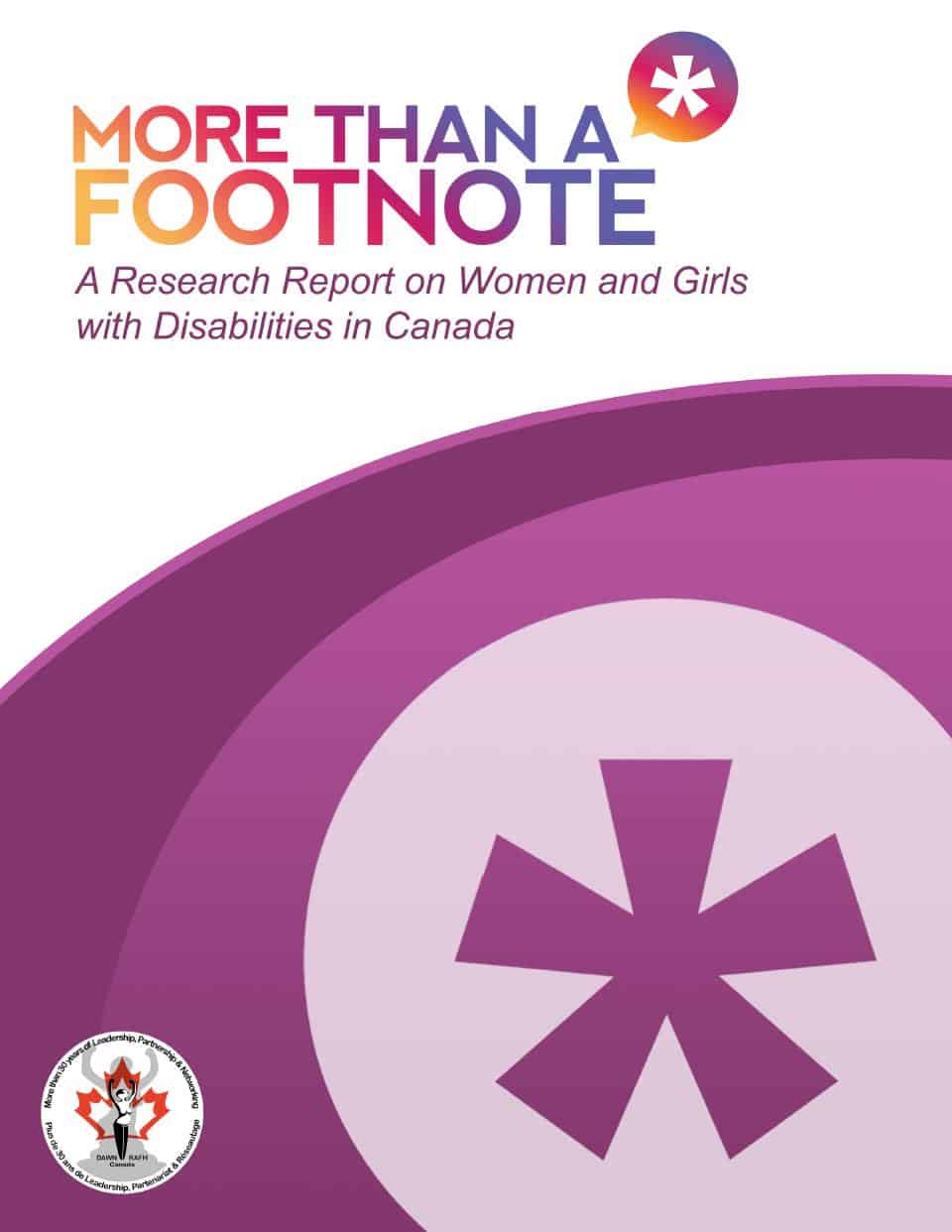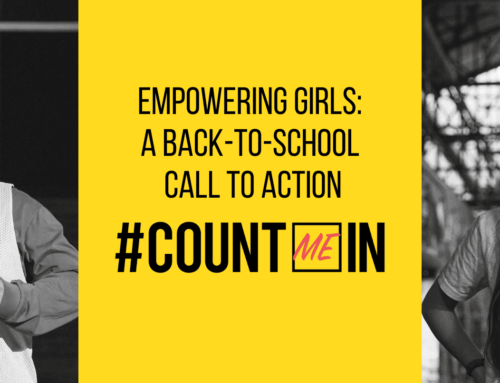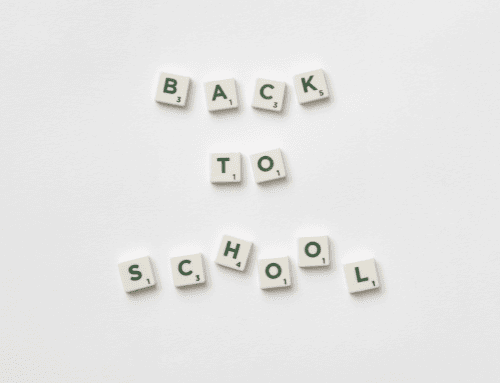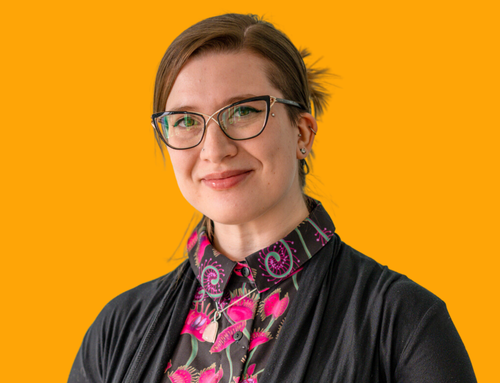According to Statistics Canada, 24 per cent of all women and girls in Canada have a disability. To see them thrive, we need to empower them in all aspects of their lives – in particular when it comes to their education and employment. We need to make sure they’re centered in work that concerns them, instead of being an afterthought.
DAWN Canada has been engaging in this work for almost 35 years, and in that time has conducted many surveys and projects that reveal how excluded women and girls with disabilities are in so many aspects of life in Canada.
The most pressing finding from DAWN Canada’s work is that there are currently no programs or services focused specifically on women and girls with disabilities. Instead, they’re an afterthought – or not thought of at all – when creating and delivering programs. Instead, they’re footnoted at the end of policy reports.
The exclusion and footnoting of women and girls with disabilities shows how deeply-rooted ableist attitudes are negatively affecting women and girls with disabilities.
DAWN Canada conducted a research project to examine the root cause of this ongoing exclusion. The resulting report, “More Than A Footnote: A Research Report on Women and Girls with Disabilities in Canada” was published in 2018.
Report Findings
The report brings together several strands of existing research, with some original contributions, to piece together a more comprehensive understanding of what it is like to be a woman or a girl with a disability in Canada.
While education plays a key role in the lives of women and girls with disabilities, unequal access at all levels continues to disproportionately affect them. In Canada, 18.3 per cent of women with disabilities aged 25 to 54 have no degree, diploma, or certificate, while only 8.3 per cent of women without disabilities report the same.
In addition, the report notes there are still significant barriers related to accommodation at all levels of education and across all provinces in Canada. These include barriers that prevent students from attending classes of their choice and writing exams in inclusive environments, both of which have an impact in terms of a student’s ability to achieve their full potential.
Next Steps
One of the ways we’re responding to this is through a project called Girls Without Barriers. Funded by the Canadian Women’s Foundation, the initiative aims to change the culture within girl-serving organizations by fostering careful, diligent, and thorough inclusion of the needs of girls with disabilities and Deaf girls.
Girls with disabilities and Deaf girls not only benefit from the improved accessibility of this program, but they also get opportunities to develop their confidence and leadership as they witness their ideas and opinions transformed into concrete action.
Concerning employment, the More Than a Footnote research report found that women with disabilities report a number of barriers, including unemployment, underemployment, lower wages, issues accessing accommodation, and concerns around continued workplace discrimination.
Indeed, women with disabilities are less likely to participate in the labour force, with only 61.3 per cent between the ages of 25-54 participating. That’s a 13.4 per cent unemployment rate.
In response, DAWN Canada initiated Youth The Future a Montreal-based project in partnership with the Canadian Center for Rehabilitation and Work (CCRW). This project seeks to enhance the self-awareness, independence, and employment-related skills of its participants so that they can secure meaningful employment or return to school.
The More Than a Footnote research report is a wake-up call to all policy makers and service providers to ensure that women and girls with disabilities are more than a footnote in policies, programs, and services. Inclusion starts by prioritizing the needs of women and girls with disabilities, and centering them in policies and practices that concern them.
Learn More:
- It’s a New Dawn: Playing Rock Music and Learning about Ableism
- Go Girls! on the Meaning of Mentorship
- Mixed Messages: Ableism in Dating
Take Action:
Sign up for our e-newsletter to have our latest stories and resources sent to your inbox.
Follow us on Facebook and Twitter to join a national conversation about empowering girls.







